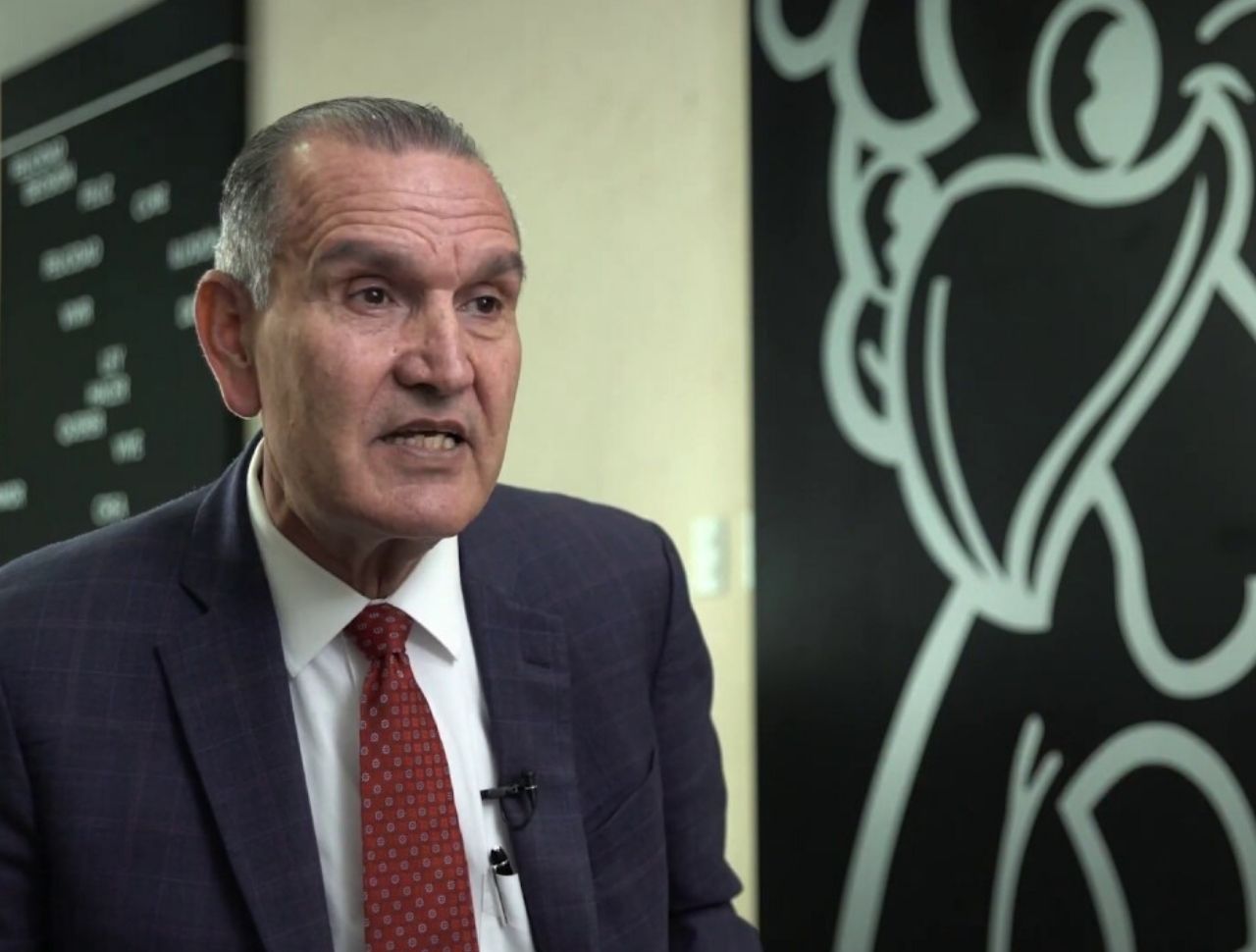In the pandemic, collaborators commonly feel distressed, but leaders can make a difference in consolidating resilience and constructively positioning organizations, according to an expert.
By JOSÉ ÁNGEL DE LA PAZ | EGADE BUSINESS SCHOOL
More than half of all collaborators across the world have been reporting intensified levels of stress, anxiety, fatigue, or fear produced by isolation and remote work during the COVID-19 pandemic.
This was explained by Jaime García Narro, Associate Dean of Executive Education, in the virtual conference “Emotion and Organizational Anxiety Management”, offered for the EGADE Business School graduate community.
The overwhelming effects of the current crisis, he stated, quoting an article by the consulting firm McKinsey, remind us that the fundamental role of a leader is to make a positive difference in people.
“Leaders can take an interest in each person, consolidate resilience, and constructively position the organization, reimagining the post-crisis future,” commented the also emotional intelligence coach and instructor.
To achieve this, he added, leaders need to cultivate their consciousness, vulnerability, empathy, and compassion internally, and then look outwards once more to address the concerns of all the related parties.
García Narro suggested several anti-anxiety actions, such as limit exposure to the news, stop resisting and accept reality, avoid multitasking, meditate, and serve others.
In order to achieve a positive impact, he recommended that leaders should be approachable and listen actively and frequently, setting up group check-ins, generating individual appointments, and creating multidisciplinary support groups.
“How can you connect with everyone? Show empathy, take the diversity of realities into consideration, give meaning to the here and now and the future, and create cohesion and a sense of unity,” he said.
In the current situation, feeling distressed is common, but anxiety can be useful and leaders can make a difference, since by serving others they are also serving themselves and the organization, he concluded.
Watch the complete webinar here.
